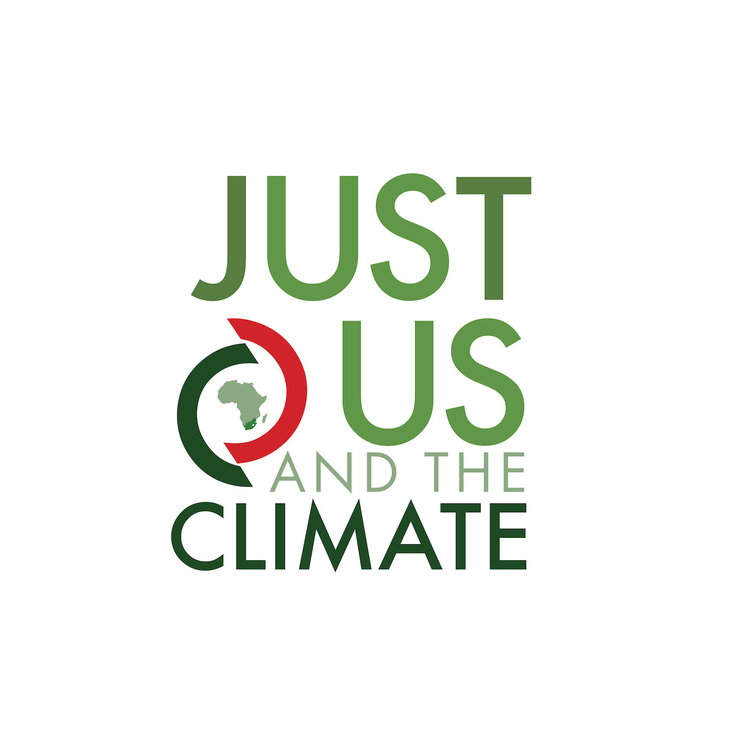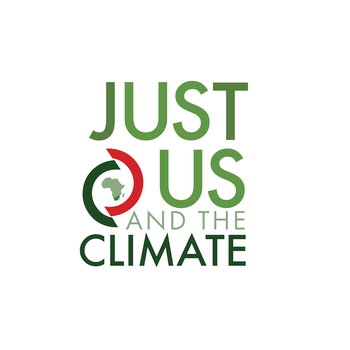
#028 Unbundling Eskom | Trevor Shaku
Loading player...
Why trade unions are worried about electricity market reforms.
In this episode, Trevor Shaku, the national spokesperson of the South African Federation of Trade Unions (SAFTU), talks to host Alex Lenferna about the major electricity market reforms underway in South Africa. The discussion revolves around South Africa's electricity future and the government's proposals for reforming the electricity sector, such as unbundling and the Electricity Regulation Amendment Bill.
Trevor Shaku explains SAFTU's opposition to the privatisation of the electricity sector and the unbundling of Eskom, the state-owned electricity utility. He argues that privatisation will lead to higher electricity prices, making it unaffordable for the majority of South Africans, and will prioritise profit over public interest. SAFTU advocates for a 'public pathway' approach, where Eskom remains the primary producer and provider of electricity, with a focus on transitioning to renewable energy sources through a 'Green New Eskom' initiative.
Trevor highlights the risks of the government's plans, including the potential for private companies to demand guarantees and risk mitigation measures, effectively transferring risks to the government. He also criticises the Electricity Regulation Amendment Bill as a legal framework for privatisation and liberalisation of the energy markets.
The discussion touches on the international context, with Trevor expressing concerns about the influence of institutions like the IMF and World Bank in pushing for privatisation and the role of the Just Energy Transition Partnerships. He emphasises the need for a global movement of trade unions to resist the privatisation of energy provision and advocate for a just transition that prioritises public ownership and workers' interests.
In this episode, Trevor Shaku, the national spokesperson of the South African Federation of Trade Unions (SAFTU), talks to host Alex Lenferna about the major electricity market reforms underway in South Africa. The discussion revolves around South Africa's electricity future and the government's proposals for reforming the electricity sector, such as unbundling and the Electricity Regulation Amendment Bill.
Trevor Shaku explains SAFTU's opposition to the privatisation of the electricity sector and the unbundling of Eskom, the state-owned electricity utility. He argues that privatisation will lead to higher electricity prices, making it unaffordable for the majority of South Africans, and will prioritise profit over public interest. SAFTU advocates for a 'public pathway' approach, where Eskom remains the primary producer and provider of electricity, with a focus on transitioning to renewable energy sources through a 'Green New Eskom' initiative.
Trevor highlights the risks of the government's plans, including the potential for private companies to demand guarantees and risk mitigation measures, effectively transferring risks to the government. He also criticises the Electricity Regulation Amendment Bill as a legal framework for privatisation and liberalisation of the energy markets.
The discussion touches on the international context, with Trevor expressing concerns about the influence of institutions like the IMF and World Bank in pushing for privatisation and the role of the Just Energy Transition Partnerships. He emphasises the need for a global movement of trade unions to resist the privatisation of energy provision and advocate for a just transition that prioritises public ownership and workers' interests.

